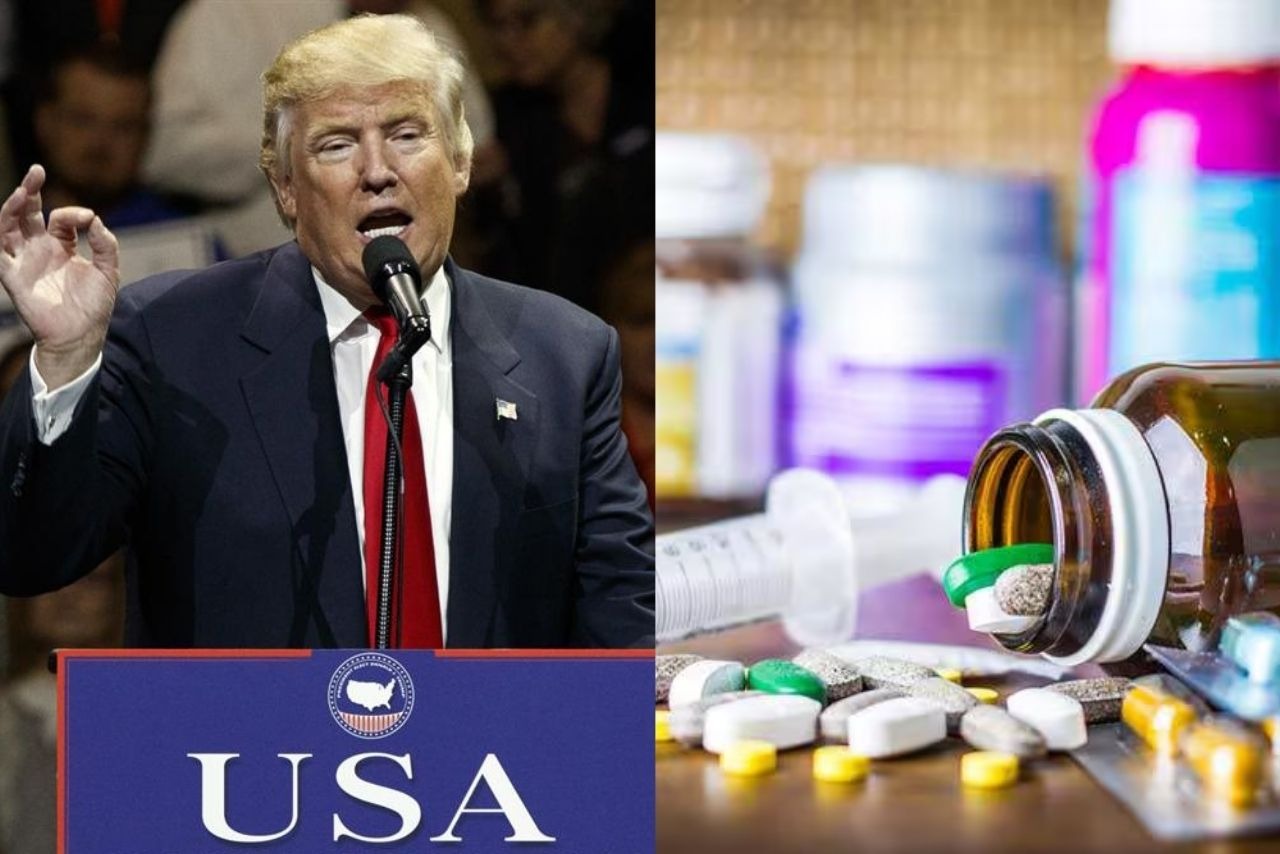In a significant yet strategic shift, the Donald Trump administration has postponed the planned 100 percent tariff on imported brand-name pharmaceutical products. Announced originally to take effect October 1, 2025, the tariff aimed to compel drugmakers to build manufacturing facilities in the United States. While the immediate imposition has been delayed, the administration remains firm on enforcing tariffs if companies fail to support domestic production or participate in pricing agreements.
Key Highlights Of The Tariff Shift
The administration announced the delay days before the tariffs were to take effect, allowing ongoing negotiations with major pharmaceutical companies to continue.
Commerce Secretary Howard Lutnick emphasized continued collaboration with drug manufacturers to reach agreements focused on boosting domestic production and lowering drug prices.
Pfizer, one of the largest players, secured a three-year pause on tariffs by committing $70 billion to expand U.S. manufacturing and participating in TrumpRx.gov, a government platform offering discounted medications.
The tariffs were authorized under Section 232 of the Trade Expansion Act of 1962, citing national security concerns over reliance on foreign imports.
Despite the delay, the threat of tariffs remains active as leverage to encourage reshoring and participation in the administration's Most Favored Nations policy to reduce American drug costs.
The Trump administration is prepared to impose tariffs on companies that do not comply, signaling no retreat from its aggressive stance on drug pricing reforms.
Why The Tariffs Were Proposed
The tariffs aim to reduce America’s dependency on foreign pharmaceutical manufacturing, especially from countries like China, by incentivizing investment in domestic facilities.
Officials argue that growing internal production capacity will secure supply chains, enhance national security, and lead to long-term drug price reductions.
The policy has sparked debate, with experts questioning whether tariffs will effectively lower prices or cause supply disruptions and potential drug shortages.
Industry And Global Impact
Pharma companies have responded by announcing new investments totaling hundreds of billions of dollars to build or expand U.S. manufacturing facilities.
The delay allows companies time to fulfill infrastructure commitments before tariff enforcement begins.
India, a major supplier of generic medicines to the U.S., is currently exempt from the tariffs, focusing measures only on brand-name or patented products.
Global markets and drug manufacturers remain watchful as the administration balances tough enforcement with negotiation tactics.
What Lies Ahead
The delay signals a tactical pause rather than abandonment. The Trump administration balances the urgency of controlling drug prices with the complexities of global pharmaceutical supply chains. With tariffs looming, drugmakers face mounting pressure to comply, invest in the U.S., and participate in government-led pricing initiatives to avoid punitive import taxes.
Source: Politico, Business Standard, Reuters, The Hill, STAT News

